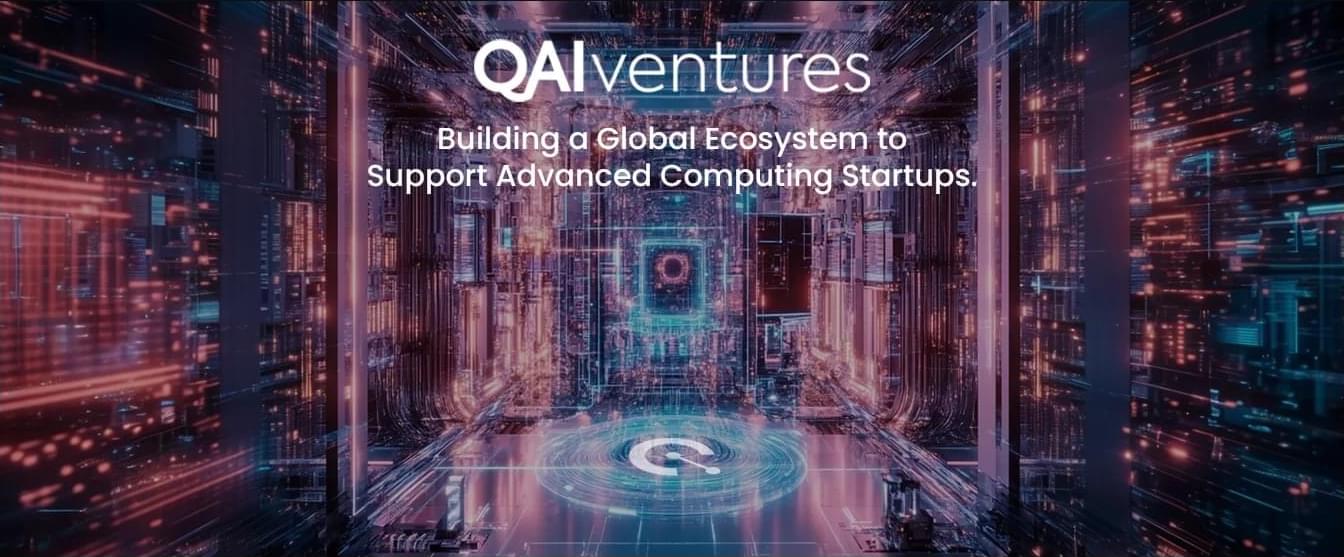Quantum dots – semiconductor nanostructures that can emit single photons on demand – are considered among the most promising sources for photonic quantum computing. However, every quantum dot is slightly different and may emit a slightly different color. This means that, to produce multi-photon states we cannot use multiple quantum dots. Usually, researchers use a single quantum dot and multiplex the emission into different spatial and temporal modes, using a fast electro-optic modulator. Now here comes the technological challenge: faster electro-optic modulators are expensive and often require very customized engineering. To add to that, it may not be very efficient, which introduces unwanted losses in the system.
The international research team, led by Vikas Remesh from the Photonics Group at the Department of Experimental Physics of the University of Innsbruck and involving researchers from the University of Cambridge, Johannes Kepler University Linz, and other institutions, has now demonstrated an elegant solution that sidesteps these limitations. Their approach uses a purely optical technique called stimulated two-photon excitation to generate streams of photons in different polarization states directly from a quantum dot without requiring any active switching components. The team demonstrated their technique by generating high-quality two-photon states with excellent single-photon properties.
“The method works by first exciting the quantum dot with precisely timed laser pulses to create a biexciton state, followed by polarization-controlled stimulation pulses that deterministically trigger photon emission in the desired polarization”, explain Yusuf Karli and Iker Avila Arenas, the study’s first authors. “It was a fantastic experience for me to work in the photonics group for my master’s thesis, remembers Iker Avila Arenas, who was part of 2022–2024 cohort of the Erasmus Mundus Joint Master’s program in Photonics for Security Reliability and Safety and spent 6 months in Innsbruck.
What makes this approach particularly elegant is that we have moved the complexity from expensive, loss-inducing electronic components after the single photon emission to the optical excitation stage, and it is a significant step forward in making quantum dot sources more practical for real-world applications, notes Vikas Remesh, the study’s lead researcher. Looking ahead, the researchers envision extending the technique to generate photons with arbitrary linear polarization states using specially engineered quantum dots.
The study has immediate applications in secure quantum key distribution protocols, where multiple independent photon streams can enable simultaneous secure communication with different parties, and in multi-photon interference experiments which are very important to test even the fundamental principles of quantum mechanics, explains Gregor Weihs, head of the photonics research group in Innsbruck.







